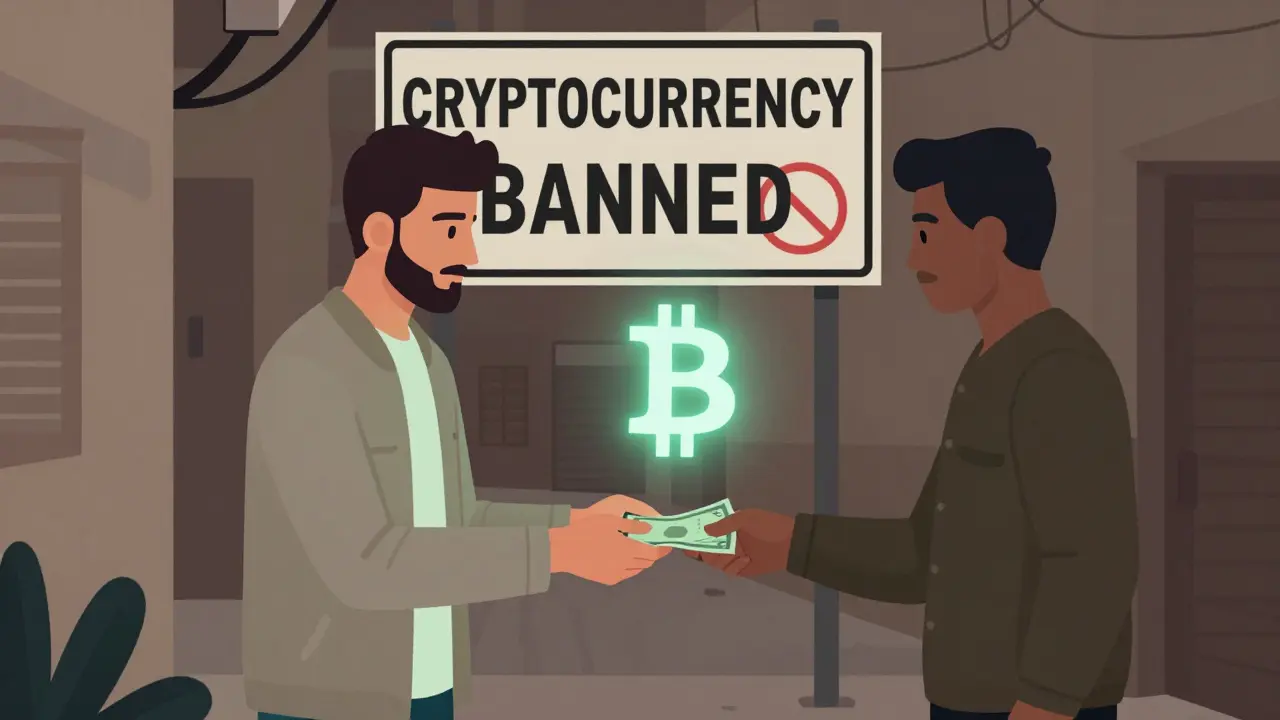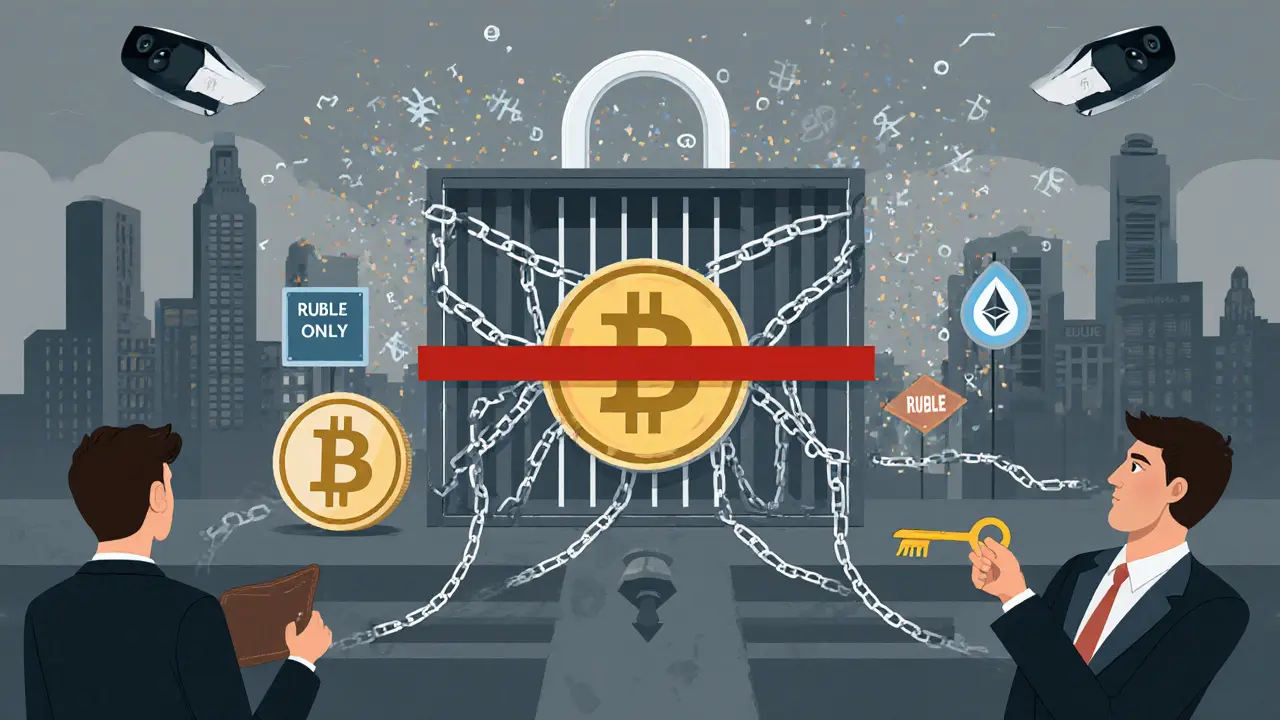Cryptocurrency Restrictions: What’s Banned, Why, and Where It Matters
When you hear cryptocurrency restrictions, government rules that limit or block the use, trading, or ownership of digital assets. Also known as crypto regulation, it’s not just about control—it’s about power, money, and who gets to decide how value moves. Some countries treat crypto like cash. Others treat it like contraband. And in between? A messy patchwork of taxes, bans, and loopholes that change faster than you can check your wallet.
Take crypto tax, the requirement to report profits from buying, selling, or trading digital assets. The IRS isn’t guessing anymore. They’re tracking every transaction through exchange reports and blockchain analysis. In the U.S., failing to report can land you in jail for five years and hit you with a $250,000 fine. That’s not a rumor—it’s a real case. Meanwhile, Pakistan keeps its 15% capital gains tax locked in, even as fake claims of a 0% rate spread online. And in places like Nigeria and India, rules shift monthly, forcing traders to guess what’s legal today and banned tomorrow.
Then there’s crypto money laundering, using digital assets to hide illegal funds. Governments see this as a threat to financial systems, so they respond with strict AML rules, KYC checks, and criminal charges. In extreme cases, people face up to 20 years in prison. That’s why platforms like Coinbit and HaloDeX get flagged—not because they’re scams, but because they lack the paperwork regulators demand. Even legitimate DEXs like SharkSwap get dragged into tax guides simply because they create taxable events. If you trade on a platform with no team, no audits, and no volume, you’re not just taking a risk—you’re inviting scrutiny.
Some restrictions aren’t about crime—they’re about control. Countries like China outright ban crypto trading and mining. Others, like El Salvador, embrace it as legal tender. The difference? It’s not about technology. It’s about who holds the keys: the people, or the state. And right now, most governments are fighting to keep those keys.
What you’ll find below isn’t a list of rules—it’s a map. You’ll see real examples of failed exchanges that vanished under regulatory pressure, tax traps that caught unsuspecting users, and scams that thrived because no one was watching. Some posts expose fake DEXs like LocalCoin and Coinbook. Others break down why platforms like Wagmi (Kava) or IceCreamSwap (Blast) died from neglect—not because they were hacked, but because no one trusted them. You’ll learn how wrapped assets like WBTC rely on centralized custodians, and why that makes them a target for regulators. And you’ll see how crypto’s biggest risk isn’t volatility—it’s the legal gray zone you’re walking through without a map.
Central Bank of Iraq Crypto Restrictions: What You Need to Know in 2025
Iraq's Central Bank bans all cryptocurrency transactions, but crypto still moves underground. Learn why the ban exists, how it affects everyday people, and what the new state digital currency means for freedom and control.
Details +Russian Central Bank Crypto Oversight Policies and Regulations in 2025
Russia's Central Bank enforces one of the world's strictest crypto frameworks: domestic payments are banned, international trade is the only exception, and every transaction is monitored. Banks face extreme capital rules, and only qualified investors can access a tightly controlled experimental regime.
Details +
